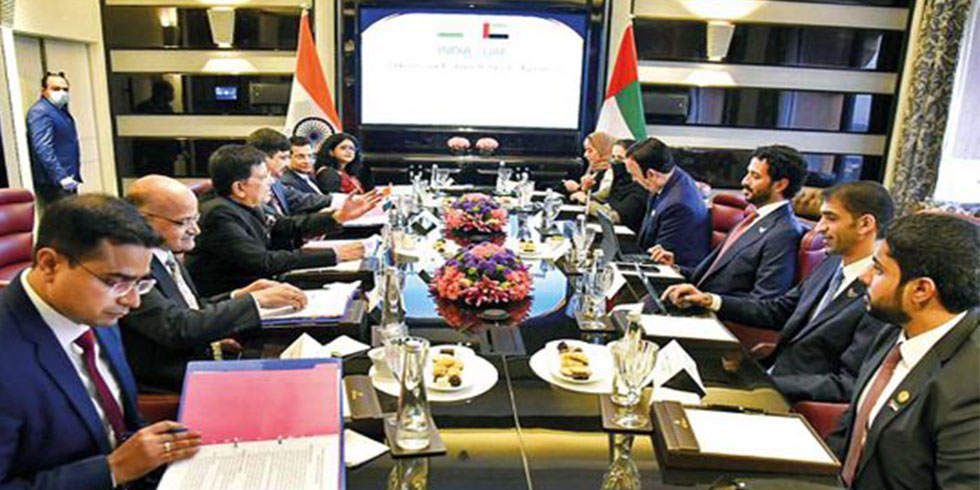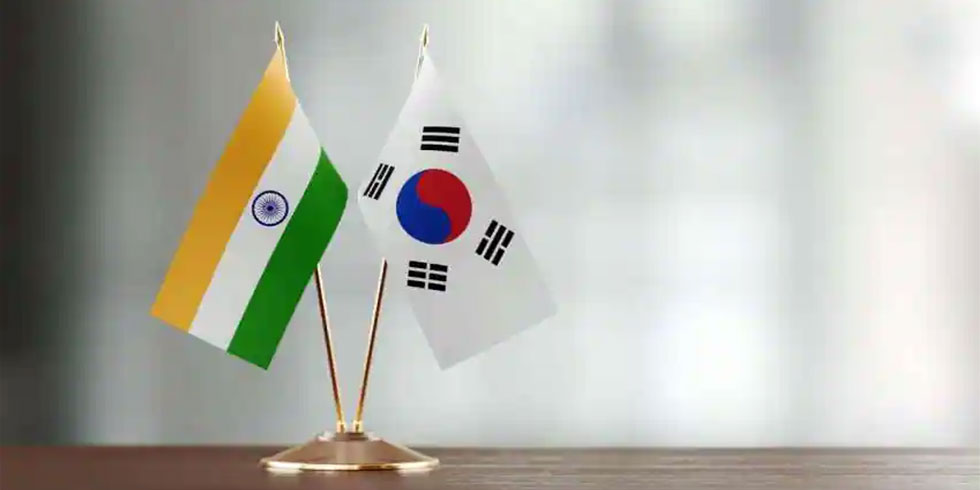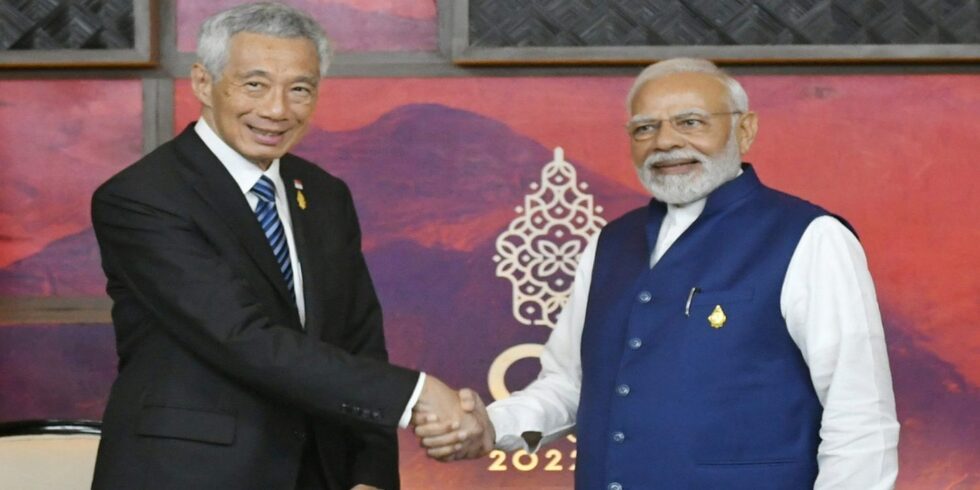Starbucks also plans to get into retail business with its own products and those from its joint venture partner
Mumbai: Tata Starbucks Pvt. Ltd, a joint venture of Tata Global Beverages Ltd and Starbucks Corp., is looking to introduce Teavana, a tea retail chain it acquired in 2012, as it looks at developing the Indian business to rival some of its largest operations globally.
“Starbucks will have a major business in India that is much larger than what it is today. The number of stores will rival many of the large markets that we have around the world,” said Howard Schultz, the chairman and chief executive at Starbucks, at a question and answer session with top Tata Group chief executives in Mumbai on Thursday.
The company is also looking at new channels of distribution to get into the consumer products business with its own products as well as those from its joint venture partner. Starbucks will also bring all its resources and learning around the digital and mobile ecosystem that it has built in the US to accelerate the growth rate in India.
“Some of them will arrive this summer in our stores that will be a game changer in terms of what we will do,” said Schultz.
In the US, the company’s My Starbucks rewards programme has partnered with brands such as Spotify AB, The New York Times and Lyft, a competitor to taxi-hailing service Uber Technologies Inc., to offer points for its loyalty programme members using its mobile digital ecosystem as it looks at driving consumer engagement. Since its launch in 2012, Tata Starbucks has set up 80 stores in six Indian cities, as of November 2015.
While Schultz did not specify any targets for new store openings or expansion in India, he recently shared his bullishness on his China business where he runs 2,000 stores in 100 cities.
The company plans to open 500 stores in China every year for the next five years,Wall Street Journal reported on 12 January.
“The potential for retail businesses in India is huge. Besides the top eight cities, there are over 40 cities with a one million population and then another 400 towns that are part of the rising middle-class consumption story,” said Anand Ramanathan, director at consultancy KPMG India, while noting that the real growth is coming from smaller towns outside of the metros, and the company is yet to spread its footprint to these towns.
To be fair, retail in India is a complex business. The consumers are price sensitive and the supply chain is complex.
Besides, Indians have become a lot more assertive in wanting a higher level of customization and regionalization.
“For companies in the food and beverage space coming to India, they are aware that there is a black hole when they make an investment. They all dive in the Indian water knowing that the market presents an uncertainty—it will accept the brand or reject it completely,” said Anil Talreja, partner, Deloitte Haskins and Sells LLP, a consulting firm, while pointing out that what is working is that most multinational companies are changing and adapting to this market by offering vegetarian food and even pricing to suit the value- conscious Indian consumer.
As such, the coffee landscape has changed in the last two years.Gloria Jean’s Coffees exited last year whereas Barista and Costa Coffee are rationalizing their stores. The market has also seen a public offering by Coffee Day Enterprises Ltd, the owner of the Café Coffee Day chain with 1,538 stores as on 30 June.
Moreover, India also poses a lot of operational challenges. In December, Tata Starbucks saw Avani Davda, its chief executive officer, resign to pursue other opportunities.
Attrition is high even at the store-level of the iconic coffee retail chain, a challenge which even Schultz acknowledged.
“This is a critical question that we need to answer together,” Schultz told the gathering of top Tata executives.
“Starbucks needs to provide some help and answers to the question and also perhaps ways in which we can invest with you on the most important issue today. We can’t ignore the fact that the attrition rate is very high and is accepted as a way of doing business (here).”
Tata Starbucks plans to introduce tea retail chain Teavana in India















Add Comment